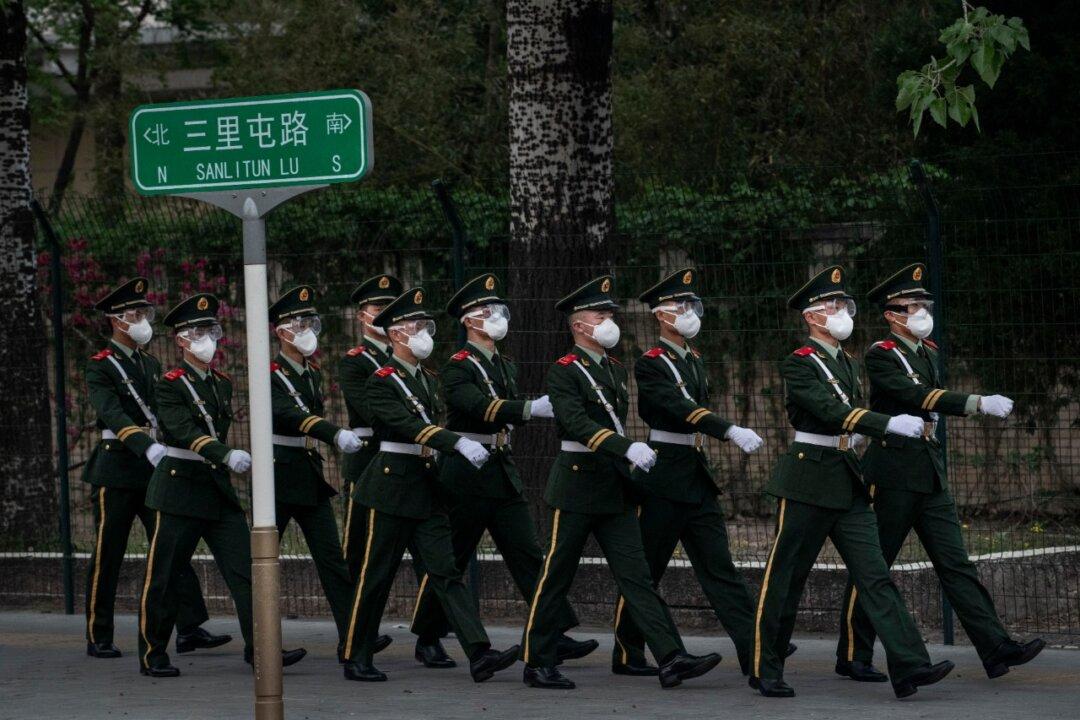A growing number of Americans hold a negative view of the Chinese regime, as the pandemic takes its toll on the United States, according to a new survey by the Pew Research Center.
Two-thirds of respondents to a March poll said they had a negative opinion of Beijing—the highest percentage recorded since the center first began asking the question in 2005.





